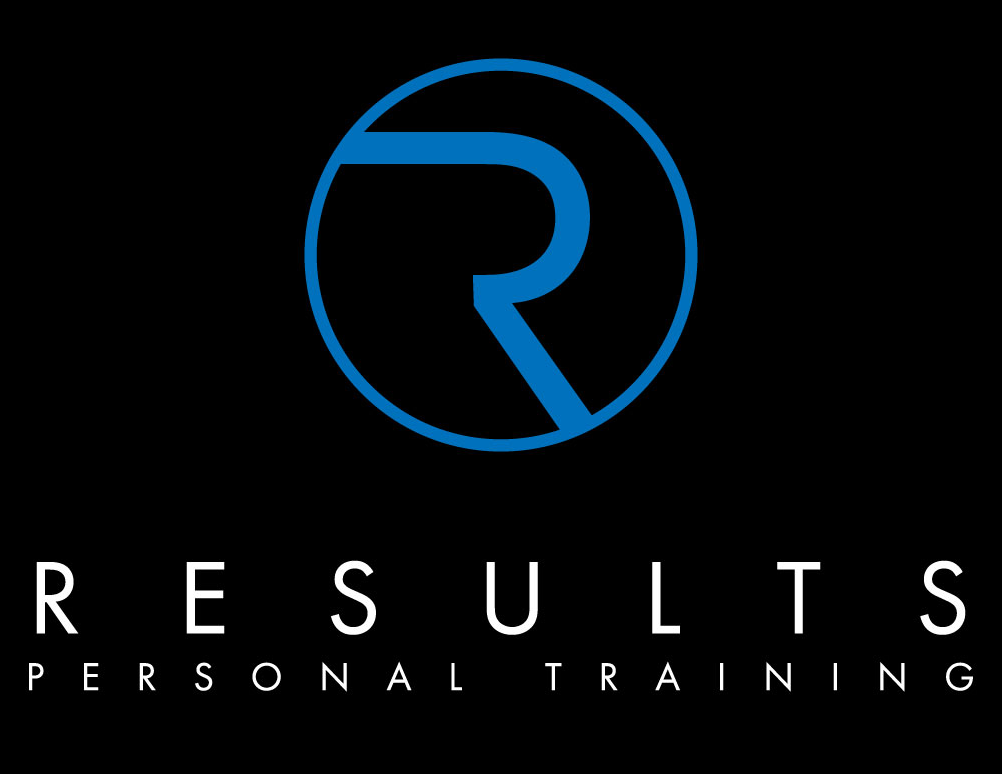10 Habits of Nutrition that should be common sense (but unfortunately aren’t anymore)

If you consider the traditional diets of different tribes around the world you will find that they all eat foods that allowed them to be healthy, fit, lean and free of chronic disease
Eating wasn’t a complicated affair. It didn’t lead to obesity or eating disorders. Unfortunately this is no longer the case with many factors contributing:
Food marketing, which in my opinion has created much of the downfall of our modern day health all for a quick buck
Ass backwards government nutritional guidelines that inform us what we are supposed to eat
The acceptance of processed and ultra-processed foods as part of our modern diet

The fact that our environment shapes how we eat. It’s a sad reality that over 50% of NZ kids eat take-aways at least once a week. Companies like UBER eats and DoorDash continue to grow rapidly.
Nonetheless, it is more than possible to identify nutritional habits that should for the most part be common sense
1 – Eat mostly real, whole, minimally processed foods
- If you can hunt, fish, pick, pluck, grow or ferment/culture the food, you should eat it.. Often
- If it wasn’t around 100 years ago, it probably isn’t food today
- If it comes out of a box or a plastic wrapper, it most likely isn’t food, it’s a food product
2 – Eat food as close to its natural state as possible
- Pasture raised, grass fed, organic
- Eat mostly full fat versions for the most nutrient density
- Produce should ideally be local, seasonal and sustainable grown

3 – Eat slowly until satisfied NOT stuffed
- A meal should take around 20 minutes to eat (this is how long it takes for your brain to register that you have eaten
4 – Eat protein with all your meals
- Protein is the building blocks of muscle and improves recovery from exercise
- Protein is the most satiating macronutrient, keeping you fuller for longer

5 – Eat at least one serving of vegetables/fruit every time you eat
- Vegetables and fruit contain power anti-aging phytonutrients, antioxidants, vitamins and minerals that all play into optimising one’s health
6 – Eat fats with every meal
- Fat is essential for proper hormone production, cell formation, immune function and general health
- Don’t fear saturated fats. If they come from animals that are in their natural state then saturated fats are healthy
- Minimise the consumption of ‘dirty’ oils. Industrial vegetable oils such as soybean, corn, sunflower are all highly processed.
7 – Eat high quality carbohydrates with your meals. Especially around exercise
- There is no such thing as an essential carbohydrate but I would argue that the ‘right’ carbohydrates can be useful for optimisation. Vegetables are carbohydrates and should make up the majority of your carb consumption
- Starch intake should be consumed around training times. Post exercise will help with replenishing glycogen. Choose whole minimally processed options
8 – Drink beverages with minimal ingredients and few calories
- Liquid calories largely go unnoticed by one’s body and can add up quickly
- The best beverage choices are water, teas and black coffee
- Super smoothies such as protein shakes are what I consider an exception to the rule
9 – Utilise supplements when appropriate
- Supplements are there to enhance not replace.
- The best general choices are a high quality fish oil, vitamin D, probiotic, magnesium and protein powder.
10 – Live life
- It’s important to live a little and break the rules from time to time
- Just remember that once in a while is NOT a daily occurrence
- Don’t be the person that never eats anything at social gatherings. It’s okay and even beneficial to not be perfect
